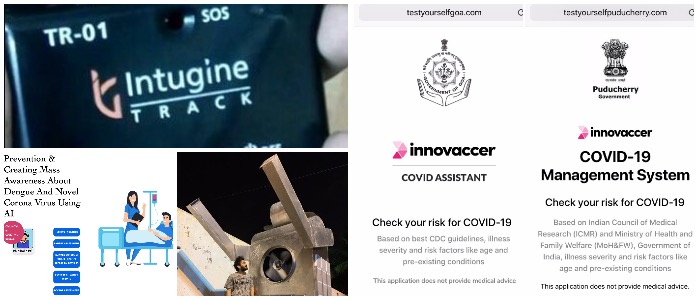
Alumni Innovate COVID-19 Health Technologies
Economic Times Deccan Herald India Today Hindustan Times Outlook Business Insider NDTV The cases of infections and deaths related to COVID-19 in India are increasing by leaps and bounds. While it took about 2 months to reach the first 1000 cases, it increased to 2000 just within 5 days, then with every 3 days the count has been increasing by 1000, and now the frequency of that occurrence has reduced to a…



